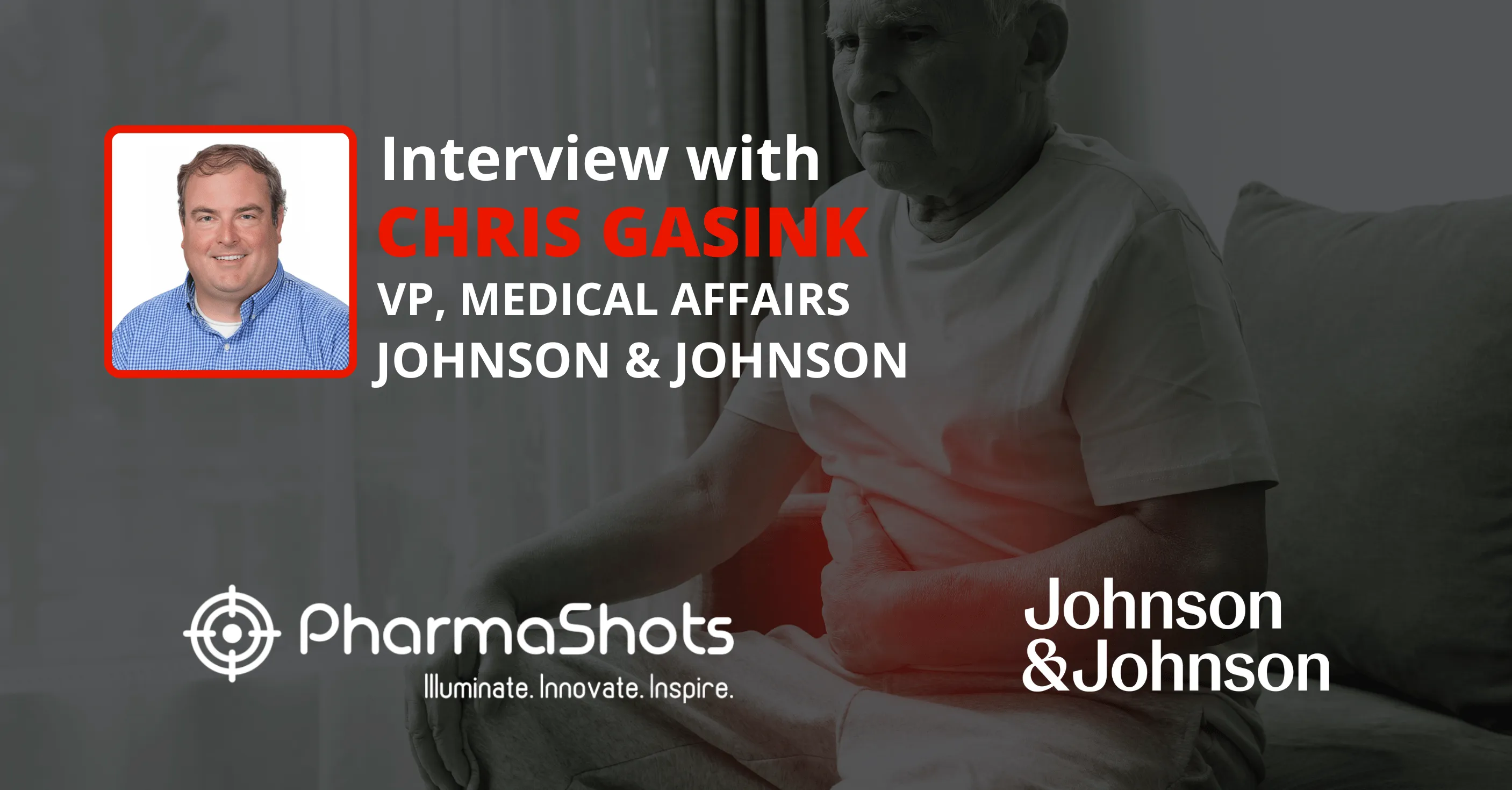
PharmaShots Interview: Impact of new regulations and trends in the medical device industry in India - interviews of Dr. Bina Naik and Dr. Ashish Indani during DIA Medical Device Conference 20
The Medical Devices Conference was hosted by DIA India on 21st and 22nd February in collaboration with the Medical Technology Association of India (MTaI), AIC-AMTZ Medivalley Incubation Council and mDI Europa, is one of the largest gatherings of medical devices professionals in the region. The conference was focused on giving better insights into the challenges and opportunities in the design and developments of medical devices plus the techniques to increase the rates for the successful launch of medical devices from its pre-clinical strategies to the successful marketing of products.
Shiwani: Please highlight the impact of new regulations on the Medical Device Industry from a service provider view.
Dr. Naik: My area of expertise is with regards to the clinical investigation and clinical evaluation part of it. So, earlier there was no guidance about these aspects, but with the new MDR in place, we foresee a lot of requirements that are coming up in the post-market registry type of trials that we are anticipating. In a situation where we had no regulation, bring more devices under regulations is going to be helpful for the device manufacturing community as well as all other stakeholders and primarily I believe for the patients or the healthcare segment.
Shiwani: Can you also provide us some insights and trends in the Medical Device Industry in India?
Dr. Naik: Talking about the trends in the medical device industry in India has a mix of both, the multinational players and the domestic players. Multinational players by default have always been adherent to the quality aspects because they have been also present in the international and the regulated market. Now the domestic manufacturers will have to re-evaluate quality systems and they will have to demonstrate that they are following the quality-related aspects in their manufacturing process which is a welcome step for the market. The changes in the regulatory scenario will truly help to showcase the capabilities and in bringing out the quality of the device.
Shiwani: Will the economy be affected by the upcoming regulation in the Medical Devices industry?
Dr. Naik: I don't think so. I think the prices are controlled by a different authority in the govt. of India and I don't think that MDR will have any impact or it will directly be related to the price lifting. I think they are two independent activities, price control will raise more from the point of view of raising the masses especially those patients and population who are not able to afford the medical devices which are relatively costly and they are a burden to the family. As a doctor, I have seen people sell their properties and homes so that they can treat their loved ones. Price control to a large extent will make sure that the devices are rationally priced.
Shiwani: Give some highlights on the new upcoming regulations global as well as from India. What will be its effect on upcoming regulations in the medical device industry?
Dr. Indani: There are multiple regulations coming from all over the globe. As I said in my last session, EU-MDR is one of them which is just across the corner and in May, they are finishing their transition period. India-MDR is also across the corner, the US FDA has changed certain regulations along with Maldives, Malaysia, Mauritius, Saudi Arabia, South Africa, Nigeria, Argentina, and Brazil. So, there are many regulations which have been changed.
If I compare the regulations of India and all other countries, these are the regulations that have changed a bit of landscape. In fact, EU-MDR has changed the entire landscape, but when it comes to the Indian regulations, it is a big transit because till now we were considering only a few devices as regulated but now over the night all the things which can get classified as devices have come into the picture.
Now, with this entire difference, there is some stress which industries are going to face but unauthorized manufacturing of standard devices will go off completely. And those who are into different areas of manufacturing, they will try to come into the mainstream or they will extinguish. So, while extinguishing any business may not be a good idea and it can be a painful situation for the industrialists but still looking towards the criticality of the healthcare industry and particularly me being a doctor, I understand that extinct is very much required. So, either they must upgrade and be standard or get extinct.
The second important thing that is going to happen is that unorganized business is going to become an organized business, it's going to create jobs, it's going to create the opportunities of manufacturing in India. Till now, people were not taking the devices made in India because they were not regulated. It was not possible to get the free sale certificate or to receive the standardized outcome of the devices. Therefore, globally the devices were not accepted. Even if there are close to 500 companies manufacturing in India, only 4 can globally position their products. Now with this new regulation, every device will have to bare minimum standards and because of that, they will be at par with most of the regulations of the world.
The third major change that is going to happen is the cost is going to increase a little bit but at the same time, the business is going to increase many times. So, if that cost to benefit business is correctly matched and if the companies become successful in handling the entire medical device economics, then probably India in next five years will be close to a billion economy in medical devices alone. So, these are the 3 major things that I see that this regulation to going to bring an impact. However, in the short term there may be certain restlessness, problems or repulsions, but in India there no transition is averse so I will not be surprised if people start going into conferences and saying that regulations are not required anyways.
Shiwani: Can you provide some insights into trends of the Medical Device Industry?
Dr. Indani: The Medical Device Industry in India really does not have a 'trend' but if I speak of the Global Medical Device Industry, talking about the revenues which are $23B now and anticipating $123B in 2025 are revenue shares for one segment of the medical devices. If I speak of the 2025 projections further, Medical devices alone are going to touch somewhere like 900-950B in all the developed and other developing countries which will be approximately 70% of the entire healthcare segment of the respective country. So, this is going to be a big market. Clinical research is going to develop, the technology is going to boom, the raw materials and the supplies are going to get some good days & research and innovation are going to take a lot of better shape in the coming days. For example, from big devices now we have the rice grain-sized 'pacemaker' which is another trial. So, space is going to reduce, and medical records are going to change from locker systems to hard disk systems or maybe the server systems and that way we will make a more efficient digital space than the hard copies can do.
Shiwani: As you mentioned that economically things will get affected, please explain to what level will it be affected by the regulation act?
Dr. Indani: Till today if we see, medical devices were not in price control, the reason being there was no regulation. India doesn't recognize the medical device and no medical device was regulated as a drug. So now being classified as drugs, most of the medical devices may also be brought into price control. The second important thing, now every company must follow the standards. So, to follow the standards they will have to comply with the regulations and those regulations are at par with the global regulation, therefore, it will automatically open the global market for them, so we will have the opportunity to sell our product in the global marketplace and that way we will be able to build ourselves a stronger economy.

Dr. Bina Naik
Dr. Bina Naik is a Chief Operating Officer at CBCC Global Research. She is an experienced Clinical Research Professional with a demonstrated history of working in the Medical Device and Pharmaceutical industry. She is experienced in establishing clinical trial operations, ECG and Image Core laboratory and Biorepository. Wide experience of clinical trial management in various indications including cardiovascular, Oncology and Medical Device trials. Conducted several training programs and workshops in clinical trial management as well as regulatory aspects. LinkedIn profile

Dr. Ashish Indani
Dr. Ashish Indani is a qualified physician with an MBA in Clinical Trial Management and MIRCS (Research Methodology) and is working as a Domain Consultant for Advanced Drug Development (ADD) Platforms, Life Sciences unit, at Tata Consultancy Services (TCS). With a vast experience of more than 18 years in the domain of clinical research, Dr. Indani is an expert on medical devices. He has authored many publications and books on diverse subjects, primarily medical devices, clinical research methodology, different therapeutic areas, an ancient Indian Vedic literature. LinkedIn profile
DISCLAIMER: The views and opinions of the authors are their own and not the views of their respective employers.
Image Source: Peter Dazeley / Getty Images/ Verywellhealth
Tags

This content piece was prepared by our former Senior Editor. She had expertise in life science research and was an avid reader. For any query reach out to us at connect@pharmashots.com














